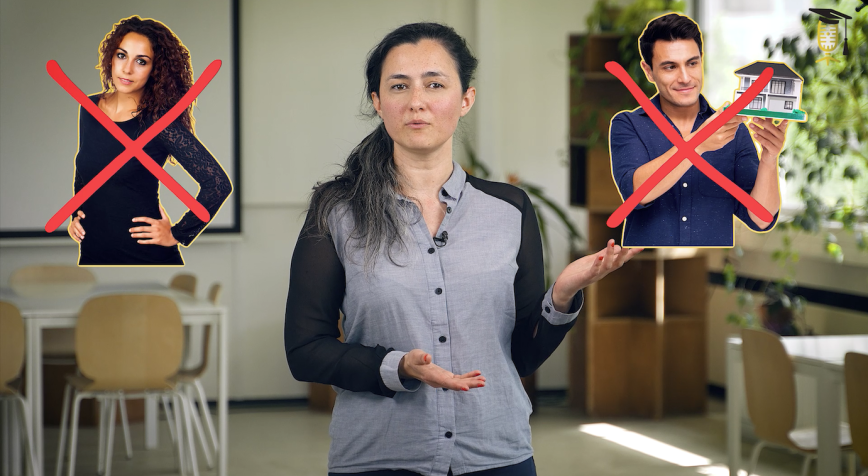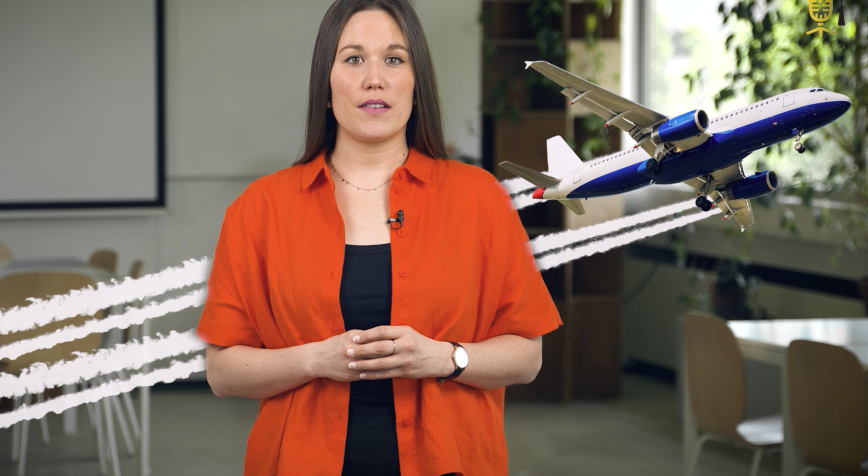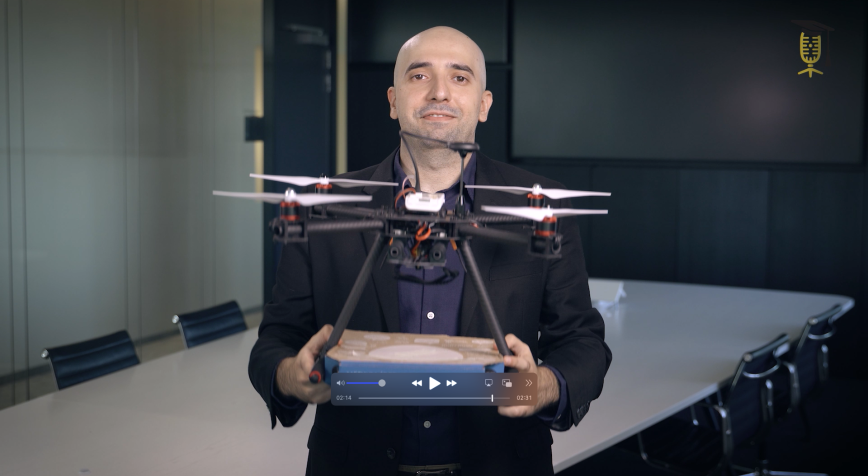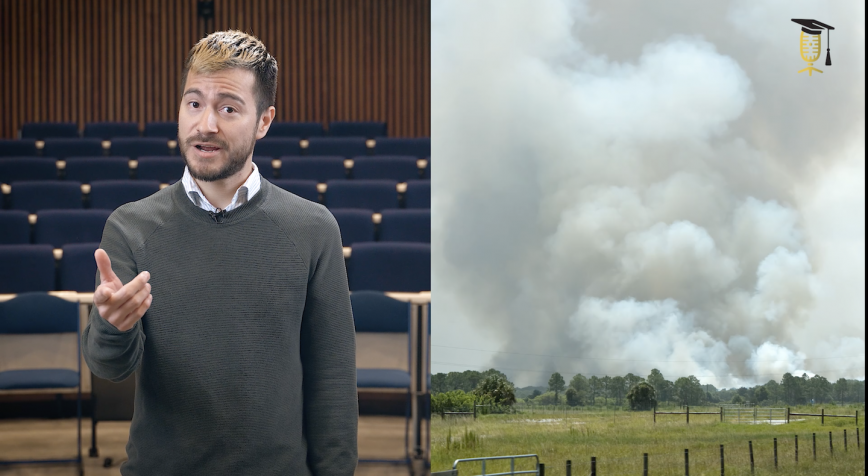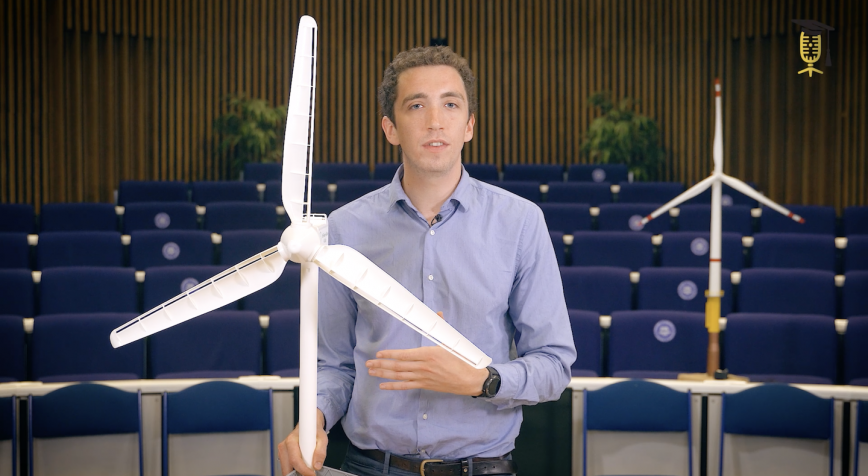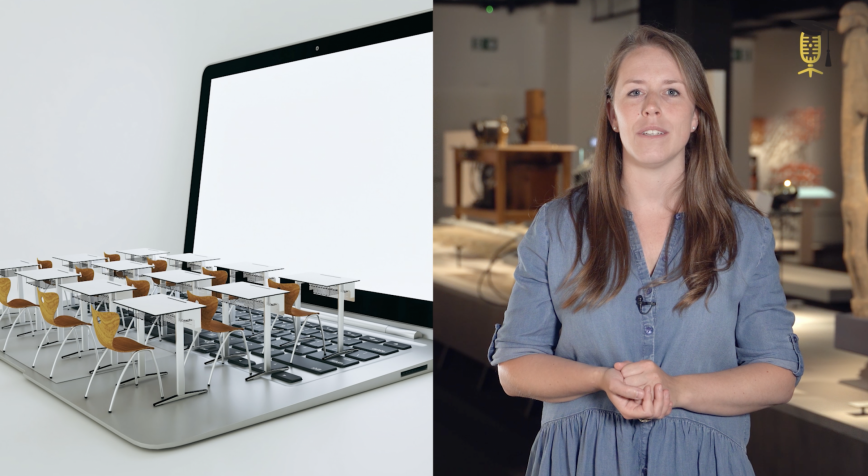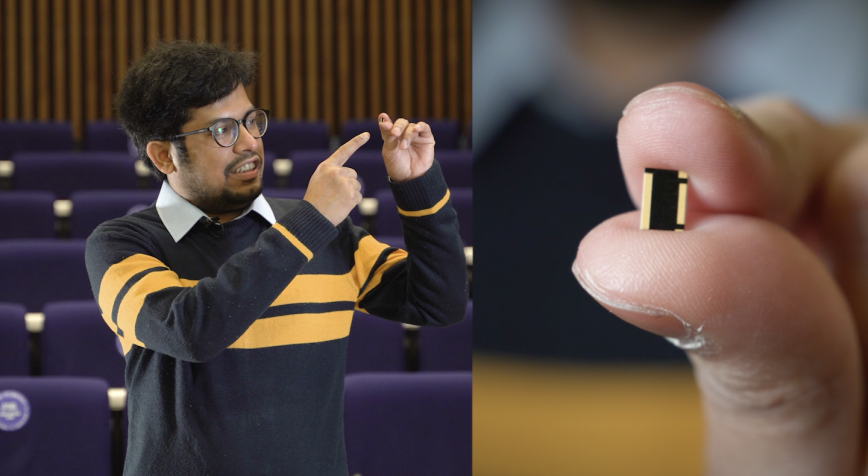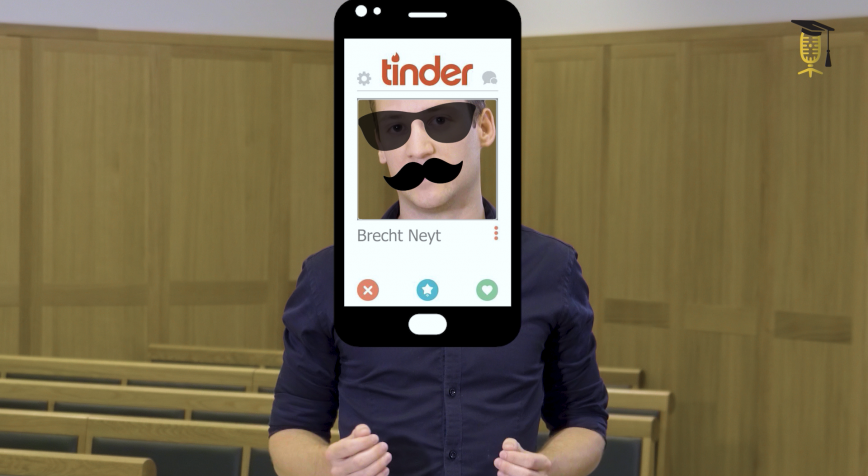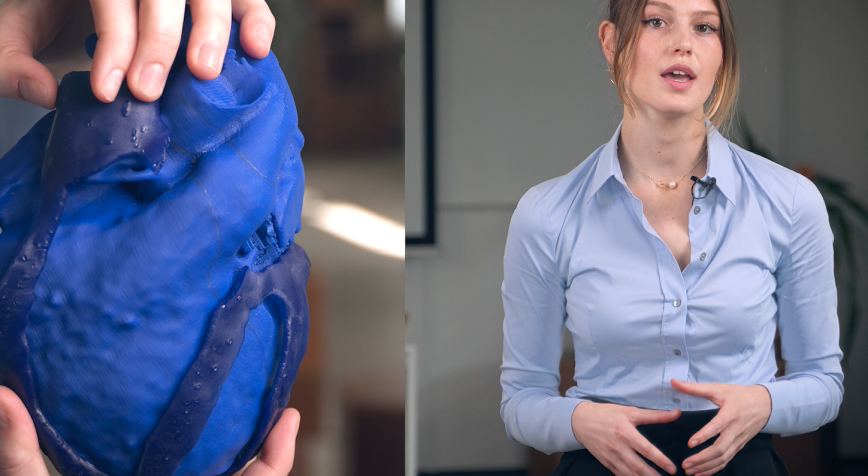
VUB
Fast and furious hearts: on a quest for a cure
One in 100 people suffer from a chronic heart condition. For example, their heart beats too fast even at rest, leaving these patients completely exhausted. Fortunately, surgery can help, but the procedure is risky and can lead to damage to the heart. To eliminate this risk, Rani Kronenberger (VUB) and her colleagues turn to 3D printing ...
